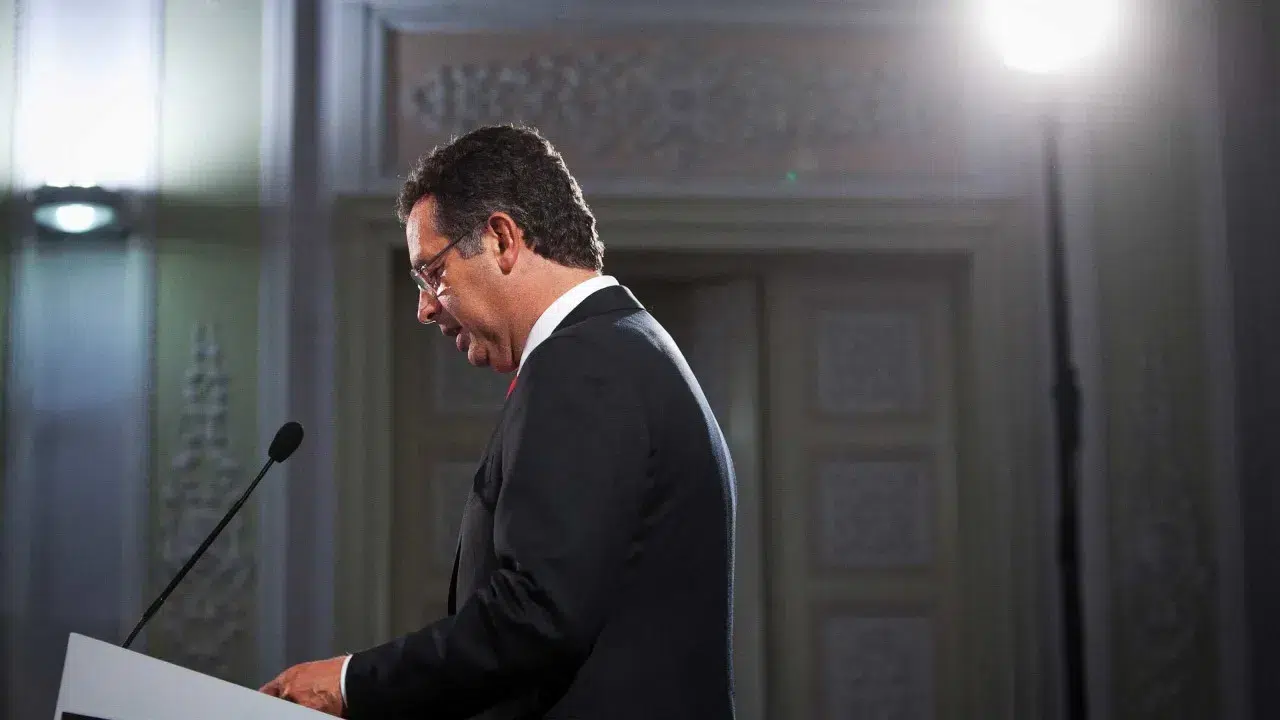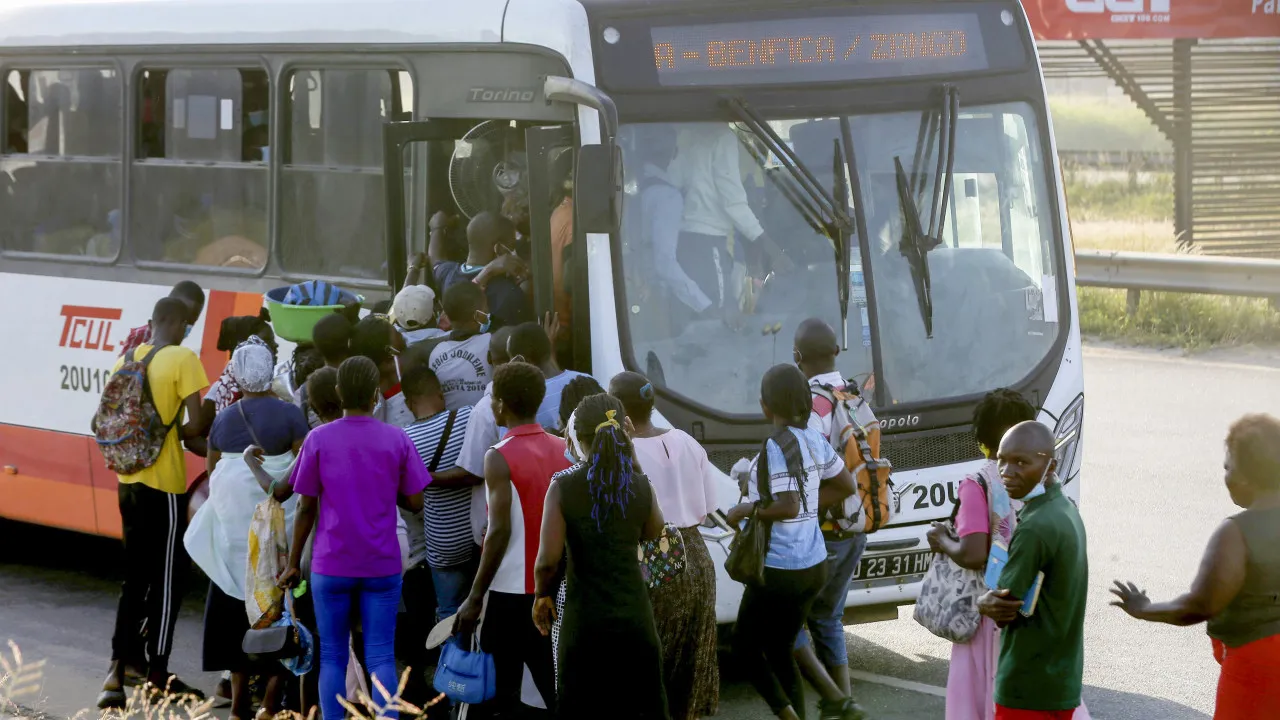
In a conference as part of the ‘Portugal and the Future’ debate series at Nova SBE University in Carcavelos (Cascais), António José Seguro commented that there were “several contributions” that have led to the current instability within the Portuguese political system.
“One of them was equating the rejection of a budget with the dissolution of the Assembly [of the Republic]. Not even the resignation of a government should automatically lead to dissolution. I believe there was some haste there, and I do not share that understanding of the situation,” stated the former Secretary-General of the PS.
António José Seguro, noted as a potential candidate for the 2026 presidential elections, referred to the decision of President Marcelo Rebelo de Sousa to dissolve parliament in December 2021, following the rejection of the state budget by the then minority PS government.
When asked whether he agrees with Marcelo Rebelo de Sousa’s decision to dissolve the Assembly of the Republic after António Costa’s resignation in November 2023, despite the PS having an absolute majority at the time and being willing to appoint another prime minister, Seguro suggested that this question should be directed at party leaders.
“They should ask political leaders in these debates: are they willing to accept a prime minister who has not been elected? I think that, in a democracy, clarity is required. (…) Here is a good contribution that could be realized during this campaign, to avoid future political stability issues,” he stated.
Throughout approximately an hour and a half, António José Seguro emphasized the need for a shift from the highly polarized and “entrenched” Portuguese party culture, advocating for the creation of a “culture of compromise” that would allow for the establishment of a long-term plan for the country, beyond a single legislative term.
For Seguro, this culture of compromise should not be limited “to two parties,” but should include “all parties that, depending on each sector, wish to contribute and commit.”
“I don’t think anyone should be excluded,” he asserted.
When asked if he believed Chega should be included in these compromises, Seguro did not answer directly, emphasizing the need to “solve people’s problems” to combat populism, while recalling that votes for Chega have the same validity as those for other parties.
“There were compatriots who chose Chega representatives for Parliament, who have the same rights. Is democracy only good when it produces the results we want?” he questioned, although he later expressed confidence that it is possible to have “six parties in Portugal willing” to reach agreements, despite there currently being eight parties with parliamentary seats.
Regarding the profile a President of the Republic should have on both national and international fronts, Seguro affirmed that the head of state should engage in dialogue with all political actors to “unblock” the system and seek to “inspire compromises.”
The former PS Secretary-General also revisited his proposal that the state budget should no longer be voted on in the Assembly of the Republic, but merely presented, restating that it should be “a forecast of revenues and expenses,” without “legislative norms concerning education, health, and similar matters.”
In this context, Seguro advocated a proposal he acknowledged as “more delicate,” specifically that tax changes should no longer be made annually in the state budget but through independent legislation, suggesting they should be more sporadic.
Suggested further reading:




